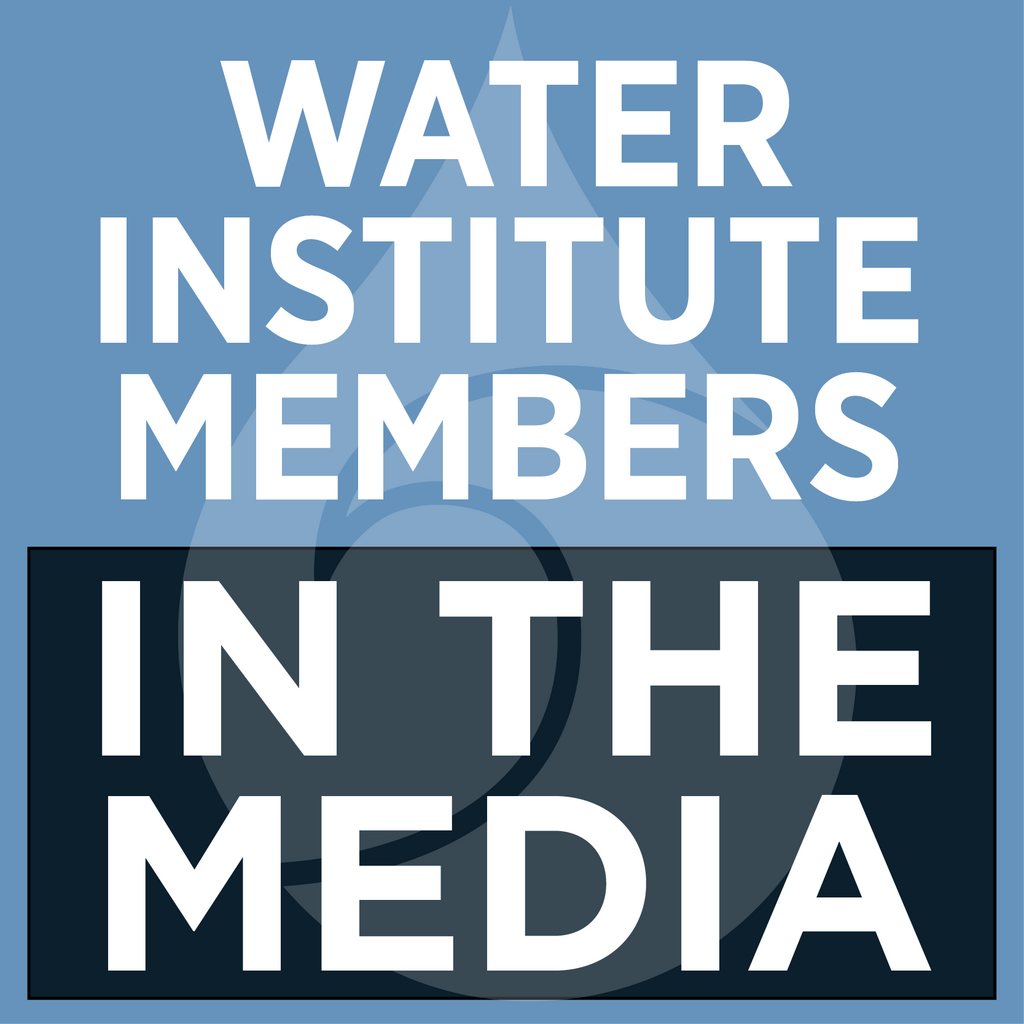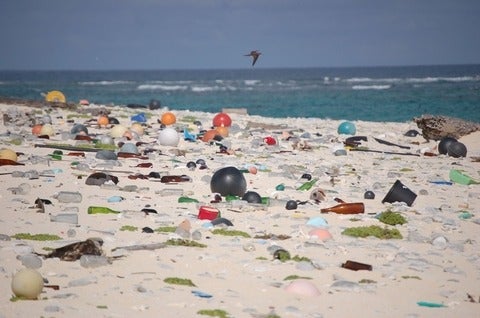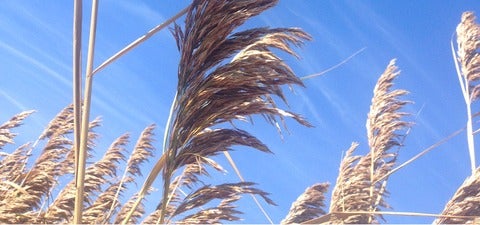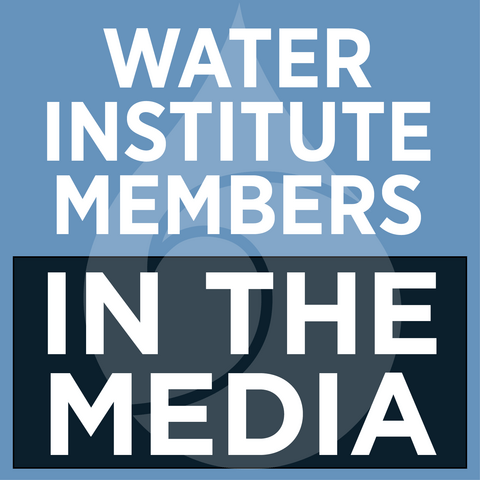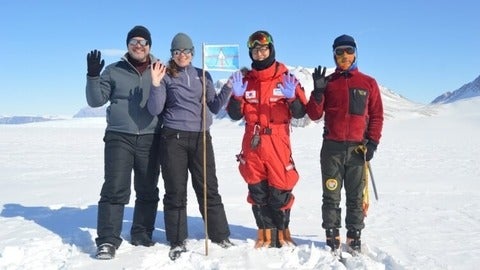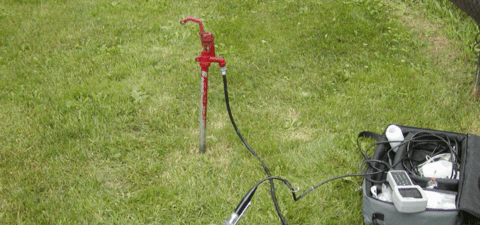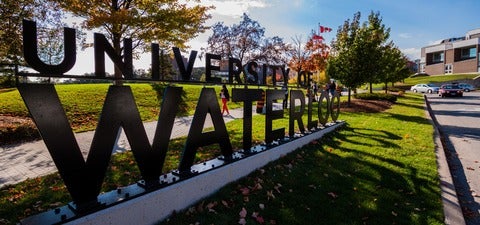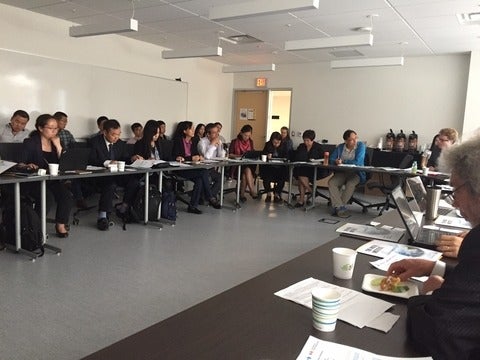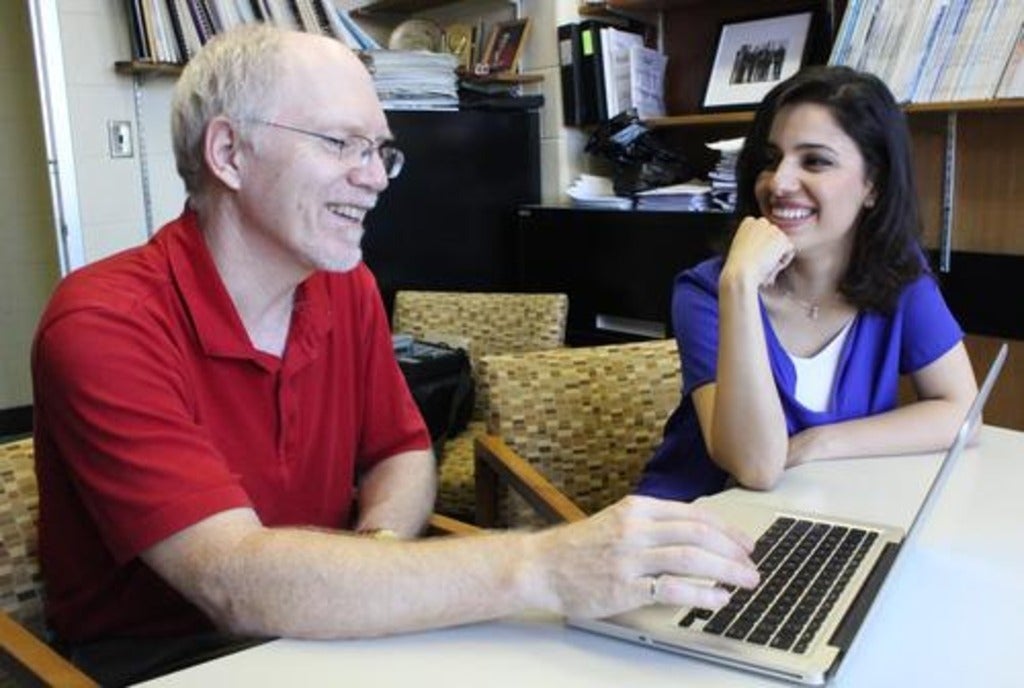Collaborative Water Program student discovers high levels of plastic in Thunder Bay waters

Water samples taken from Lake Superior show that the Thunder Bay area appears to have a significant amount of plastic pollutants.
The samples were collected in 2014 as part of a fish survey on Lake Superior by an American research team.
